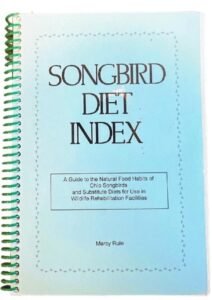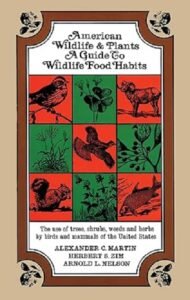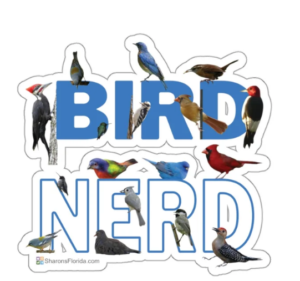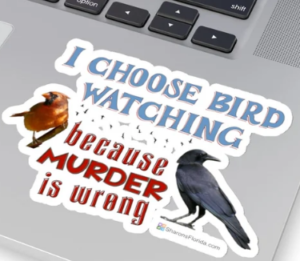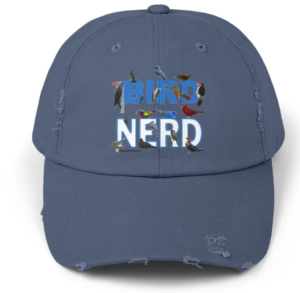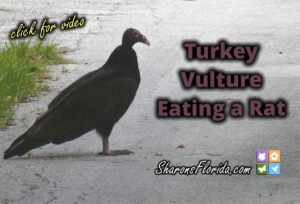Ecosystem Services That Birds Provide
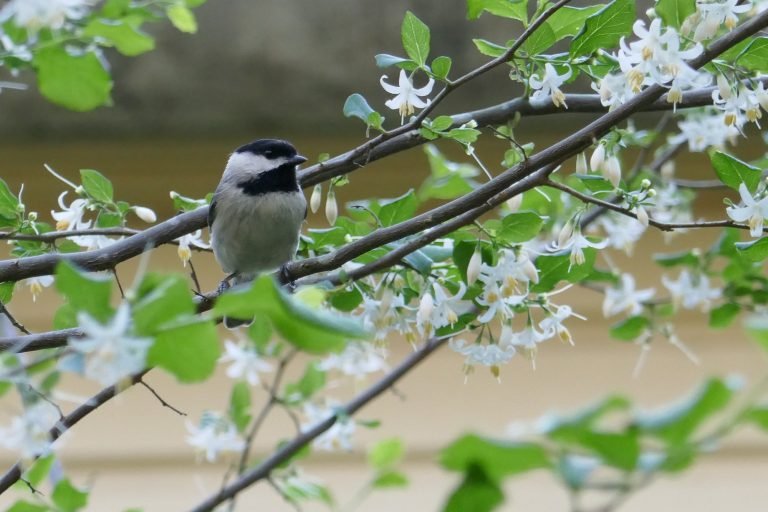
Ecosystem services are features, or benefits, provided to people by wildlife and ecosystems. Wildlife, being an integral part of an ecosystem means generally that you cannot have one without the other. So, if we can protect ecosystems we in turn protect the wildlife living there. The good news is that wildlife can survive, and even thrive, in just about any green space, but we still need to protect their natural habitats.
With habitats shrinking on a daily basis we are forced to assign a dollar amount to the benefits provided by the resident wildlife in order to validate their existence, and prioritize our need to support and protect them.
You might be surprised at just how much we benefit from the many contributions birds make to our shared environment.
Ecosystem Services That Birds Provide:
• Clean-Up Crew
• Connect Us to Nature
• Create Habitat
• Ecotourism
• Pest Control
• Pollination
• Recycling Nutrients
• Reforestation of Ecosystems
• Spiritual Connections
• Stimulate the Economy
• Symbols of Conservation
Clean-up Crew
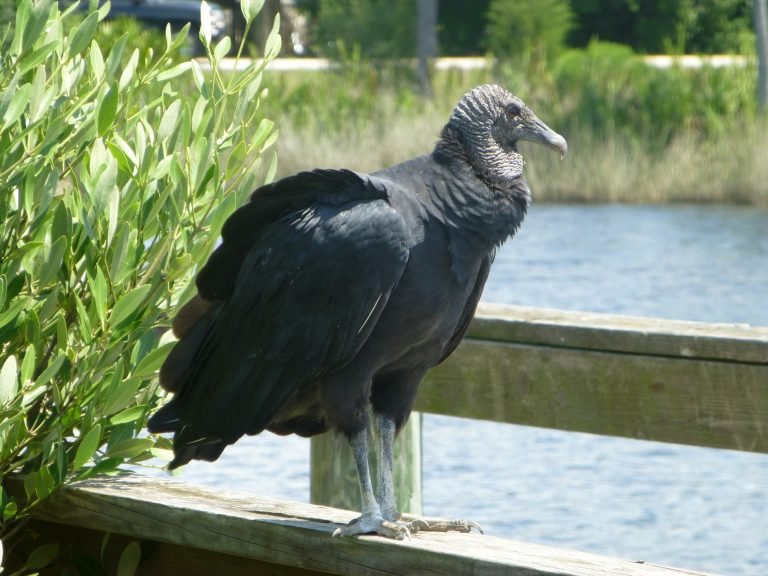
Birds are nature’s clean-up crews and provide varying levels of waste disposal services as they go about their daily lives.
The most well-known of these is the vulture which continuously disposes of dead animals, and roadkill, behind the scenes virtually unnoticed by most people.
Crows, jays, hawks, and bald eagles also eat dead animals and roadkill. So next time you see a bird in a roadway please give it a wide berth because it’s just trying to get a meal and do its job as part of the clean-up crew.
Connect Us to Nature
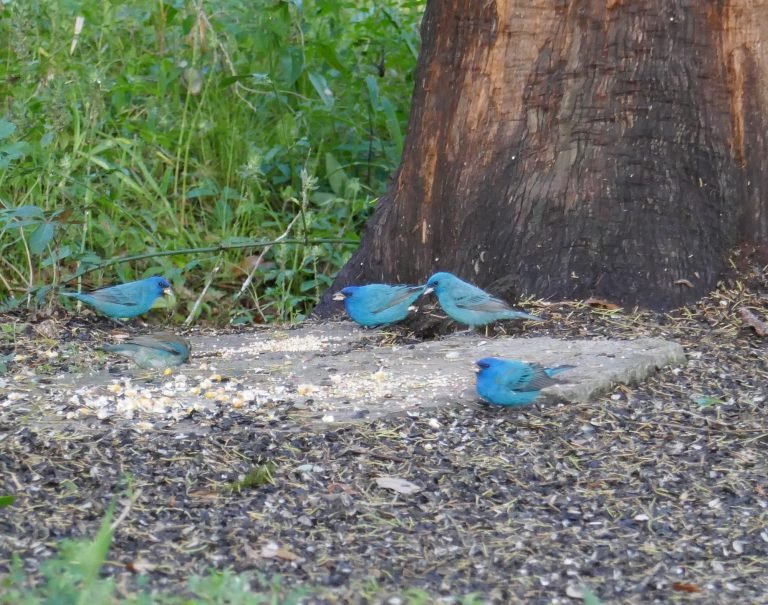
People love to create wildlife habitat for birds so that they can share their green space with them.
Providing bird feeders, bird baths, and natural plantings, encourages these special visitors which in turn enriches our lives by improving our mental health, helping us feel grounded and connected, giving us purpose, providing us with company, bringing us joy, and connecting us with nature.
Many of us are relaxed, and our spirits lifted, just by bird watching. The mere act of observing their behavior, listening to them sing, watching them eat, building nests, interacting with each other, or just flying from tree to tree, brings us happiness.
Create Habitat
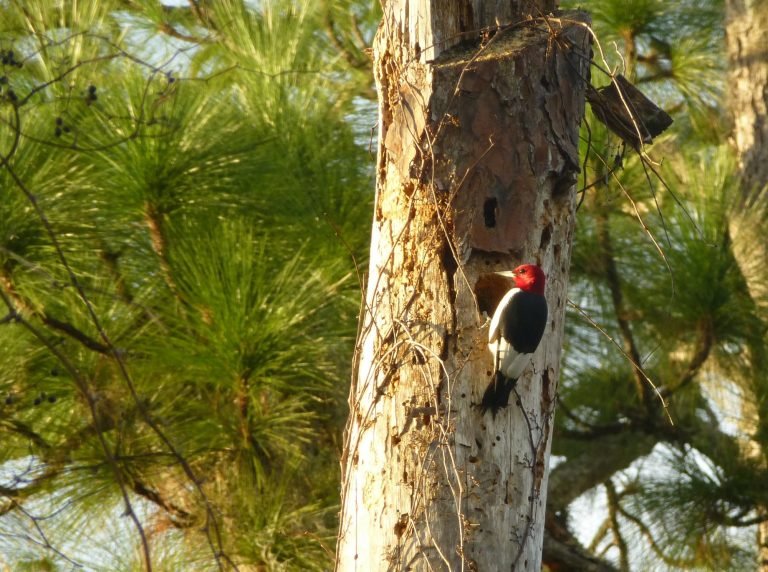
Woodpeckers are considered a keystone species of the bird world because they construct nest cavities that, once abandoned, are used by many other species of wildlife.
Abandoned woodpecker nest holes, or tree cavities, are used by any number of different songbird species, screech owls, flying squirrels, and gray squirrels if the nest cavity is large enough.
Ecotourism
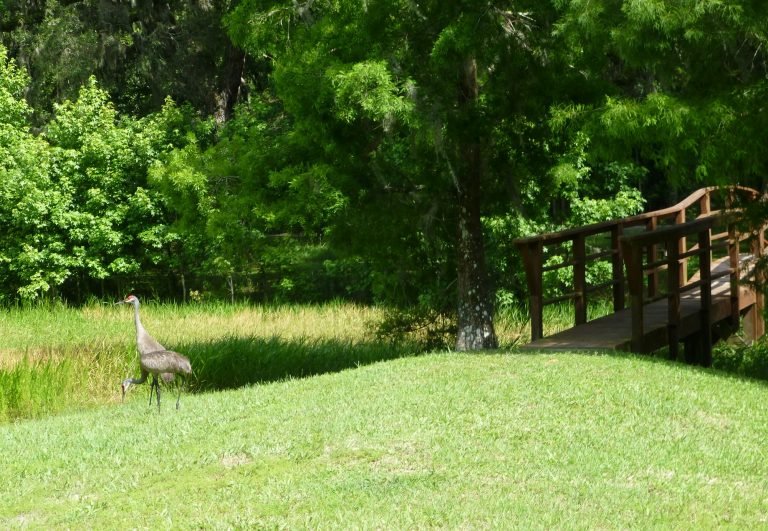
Americans spend billions of dollars per year on birdwatching tourism or avitourism. Birders go to great lengths to watch, identify, count, and photograph birds. In their quest they spend money on all types of birding equipment such as cameras, GPS devices, birding apps, binoculars, food, lodging, guides, and transportation.
Avitourism is becoming a popular term, and as the name suggests it is a type of ecotourism that focuses on the avian species. Birding special events, guided tours, bird cruises, zoos, nature centers, wildlife refuges, natural parks and even a rare bird sighting in someone’s backyard are all types of avitourism.
One of my favorite birding spots is in the Merritt Island Wildlife Refuge located in Titusville. They have a seven mile self guided tour which is a paved road called Black Point Wildlife Drive. The refuge is teaming with birds that you can watch from your car window, which is perfect for someone like me with disabilities. You can find specific information at the Merritt Island Wildlife Association and the All Trails sites.
McKethan Lake Park is another favorite of mine because it is another disabled friendly nature park where you can bird from your vehicle and it’s right in my backyard. The park has beautiful ancient oaks, scenic wetlands, and a lake, all of which can be accessed from the paved road that completely encircles the lake.
Pest Control
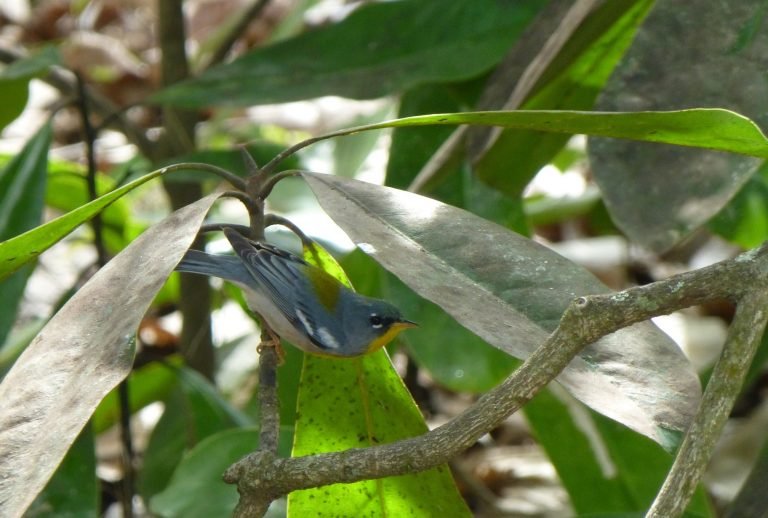
Birds consume a wide array of insects and even when not actively feeding they will eat any insect that they come across if it’s on their particular menu. Birds eat ants, aphids, beetles, beetle grubs, caterpillars, cicadas, earwigs, flies, gnats, grasshoppers, leafhoppers, millipedes, mosquitoes, pill bugs, roaches, scale insects, spiders, termites, and many, many, other bugs.
Nature is amazing at keeping itself in balance if we give it the chance. This means never using pesticides in your green space so that a more balanced ecosystem is allowed to not just survive, but thrive. Yes, you will have insects, but you will also acquire bird visitors to eat them and keep them in check. Be kind to the environment, and the planet, because it’s the only one we have.
Pollination
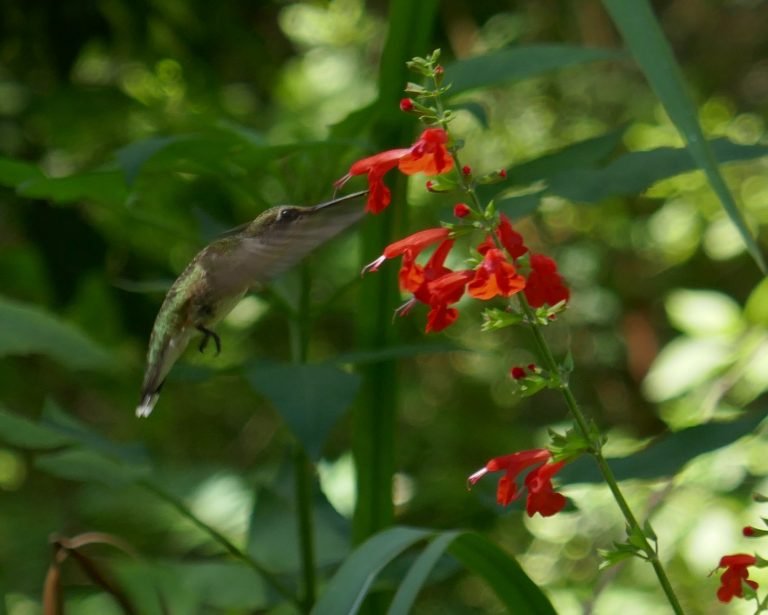
Many people are learning the importance of insects that pollinate our food crops, but few realize that some native plants rely on a specific bird for pollination as well to keep the next generation of plants going.
Hummingbirds provide important pollination services for some native plants that have long tubular flowers that most pollinators don’t use as a nectar source because of the depth of the flower. The long tongue of a hummingbird is what is needed to access the nectar at the base. Each time a flower is visited by a hummingbird it inadvertently collects pollen on its feathers, and beak, and then carries that pollen to the next flower so pollination can occur.
Recycling Nutrients
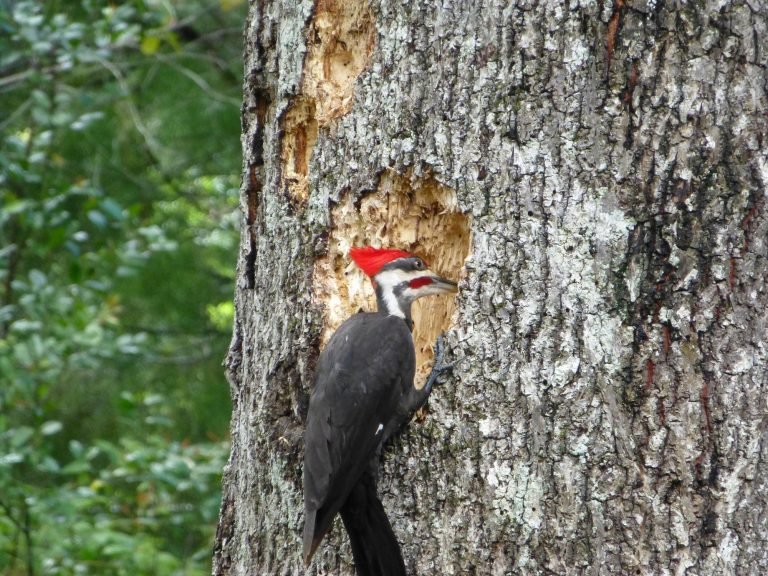
Birds are mini composters and are constantly producing compostable materials for their environment, but on a much smaller scale than a human gardener so it goes virtually unnoticed.
Bird nest building, and feeding activity, provides a great deal of recyclable material that goes back into the soil in the form of bird droppings, leftovers from nest building such as wood chips and twigs, leaves get tilled into the soil in search of food, and leftovers of insect parts from their meals all get deposited onto the forest floor to decompose.
Reforestation of Ecosystems
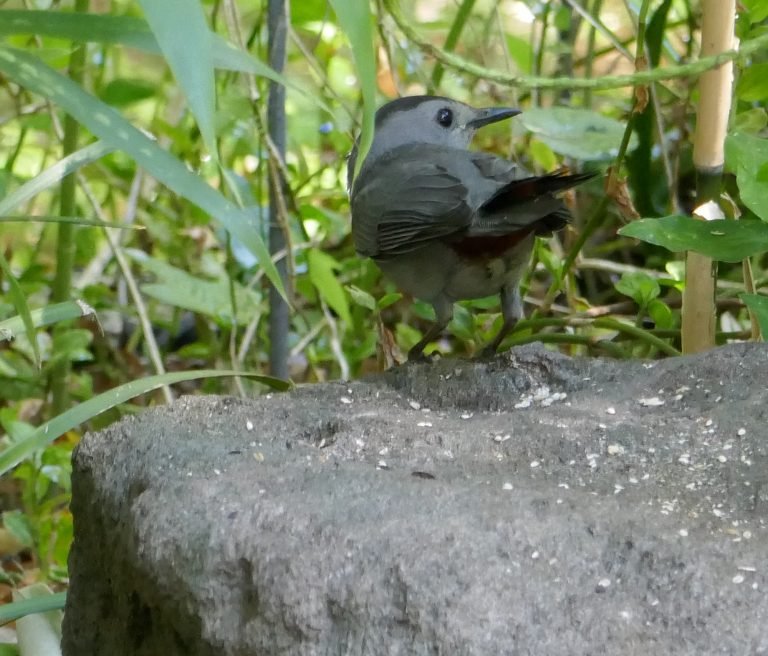
Many native plant seeds need a fermentation process to remove their outer coating to expose, and make available for germination, the inner embryonic seed. Nature has taken care of that step by having a bird’s digestive systems achieve that goal.
Bird droppings provide almost daily seed dispersal all throughout their environment. Birds are the forests gardeners in essence. Everywhere they perch, and poo, they plant new seeds.
Certain Florida mammals like opossums and raccoons disperse seeds in their poo, and reforest ecosystems too, but some fruits aren’t accessible to them because the berries are on spindly stems that can’t support their weight. Without the birds consuming and distributing the seeds those particular species of plants would eventually die out.
Spiritual Connections
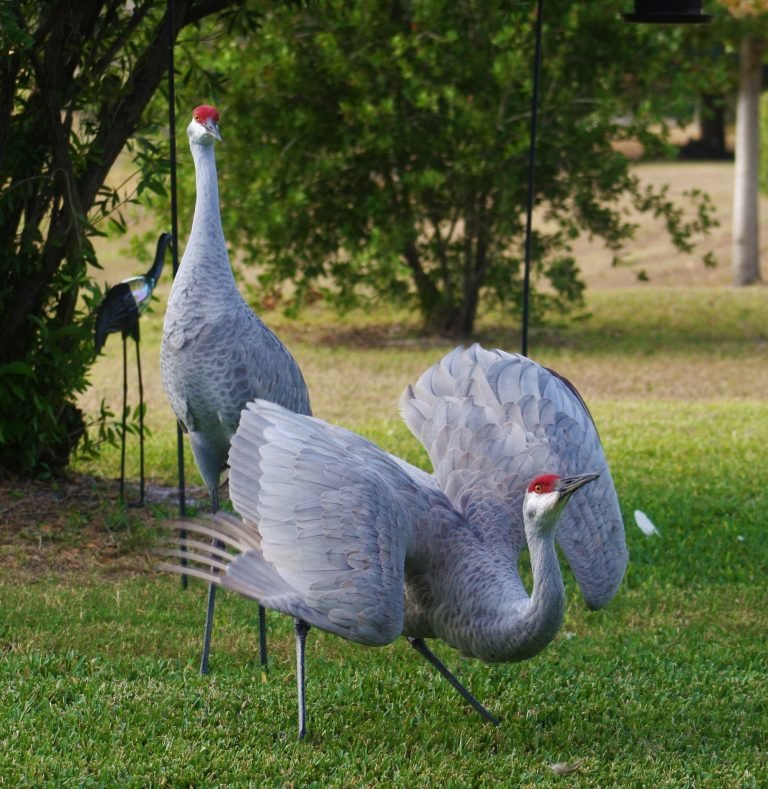
Birds, throughout history, play important roles in many cultures as spiritual symbols. Birds themselves, their feathers, eggs, nests and songs, are considered sacred by one culture or another throughout the world and are used in human spirituality.
Bird symbolism is everywhere in our past and present culture, and cultures around the world. Birds can represent life, death, rebirth, luck, misfortune, freedom, peace, goodwill, bad omens, good omens, feast, famine, weakness and strength.
Stimulating the Economy
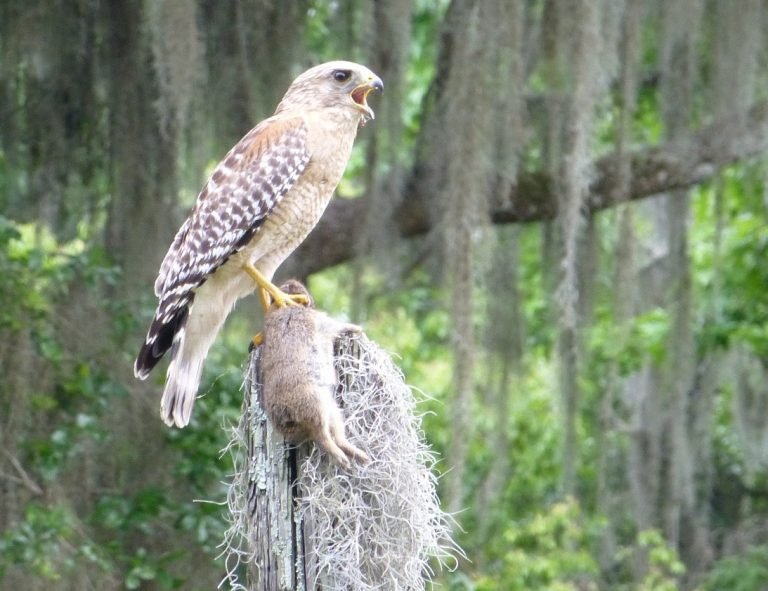
In addition to ecotourism bird lovers are constantly stimulating the economy by purchasing bird feeders, bird houses, bird baths, birding programs, bird books, bird magazines, bird apps, bird site, bird optics … actually the list is pretty much endless if you start adding outdoor gear, clothing, food and drink. At any rate you get the idea that bird lovers, and bird watchers, deposit quite a bit of money into the economy.
Symbols of Conservation
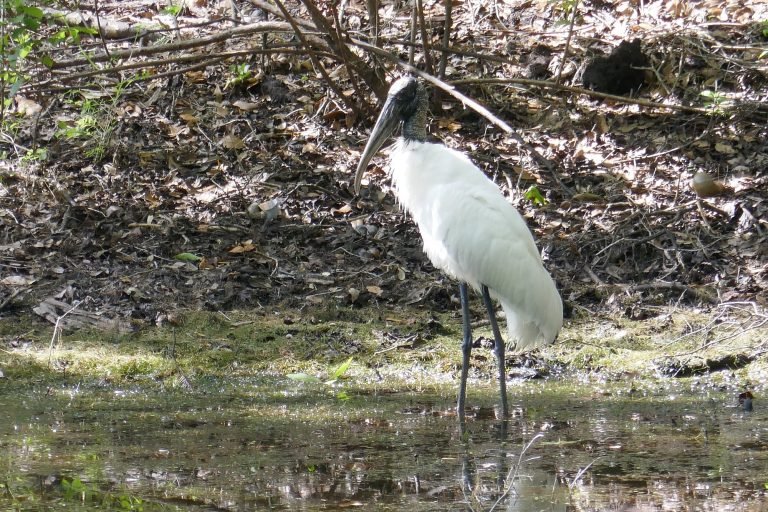
We often think of symbols of conservation in terms of the larger than life animals such as the wolf, bear, or bison, but birds are ambassadors for wildlife as well.
Most people may never get the chance to see a wolf in the wild, but almost everyone will see songbirds up-close and personal, and likely already have, at some point in their lives.
People who are unaware of the importance of conservation may have a spark ignited in them once they participate in bird feeding or bird watching. Sometimes all it takes is a single interaction and a lifelong interest in birds can be born. Once that connection is made, some will do all they can to interact, in whatever way they have available to them, be it a bird feeder, a bird bath, a park, a forest hike, videos on YouTube, or visiting a bird sanctuary.
Learning about these beautiful creatures and fostering the bird lover in you may begin with such simple things as putting out feeders, bird baths, planting native Florida plants, and avoiding pesticide use.
Birds will always pay you back in improved quality of life for the time and effort you invest in them and their care. Observe, provide for, and enjoy your birds!
A Few Common Birds and What They Eat
Below you can find the diets of several common species of birds found in central Florida to get you started on your journey as a bird lover.
Also, at the end of this article, I have a list of apps, and web sites, that will help you learn about birds and help with bird identification.
Blue Jay
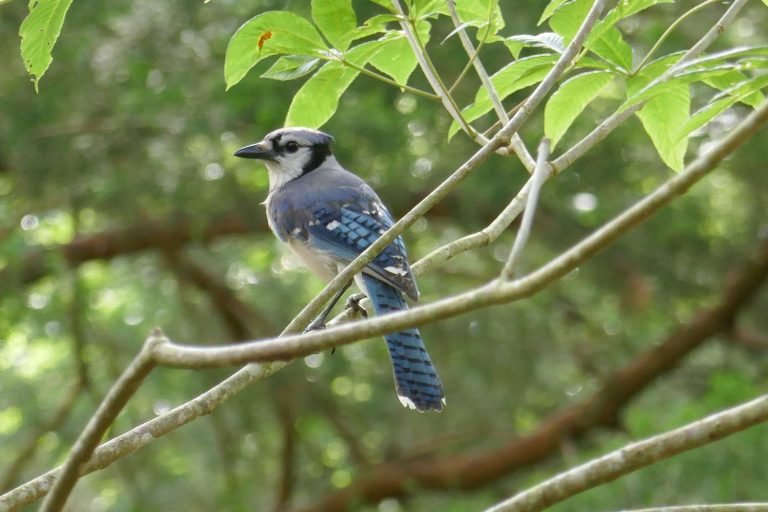
Animal foods: beetles, bird eggs, caterpillars, earwigs, grasshoppers, frogs, lizards, snails, spiders, lizards, and mice.
Plant foods: acorns, beech, blackberry, black cherry, blueberry, grape, hickory, holly, mulberry, pine nuts, poison ivy and pokeweed.
Feeder foods: peanuts and corn.
Carolina Chickadee
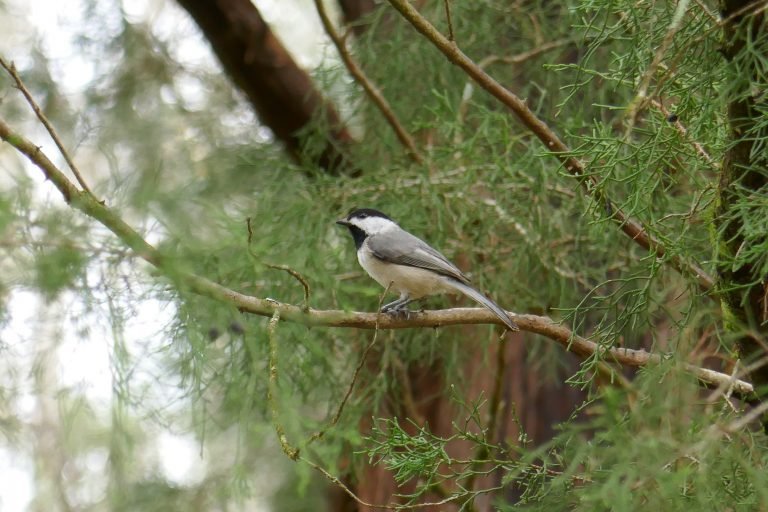
Animal foods: aphids, ants, flies, caterpillars, cicadas, leaf hoppers, moths, scale insects, spiders, and termites.
Plant foods: acorns, elm, maple, pine nuts, poison ivy, and willow.
Feeder foods: sunflower seeds, suet, and cracked corn.
Carolina Wren
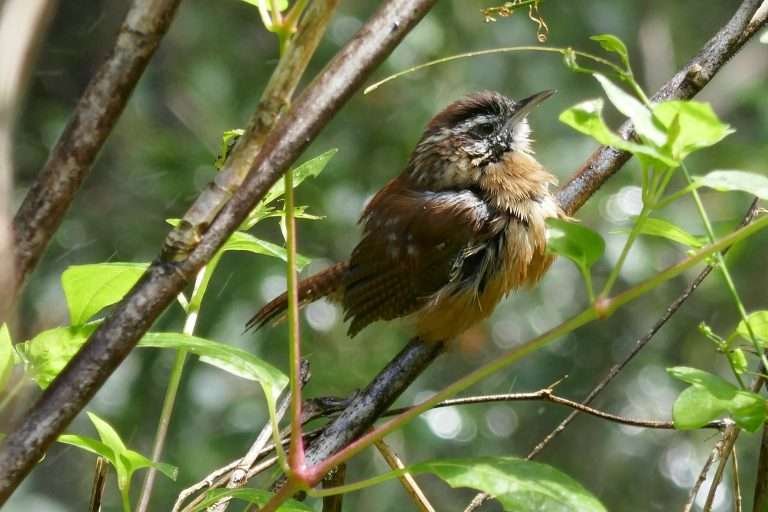
Animal foods: ants, beetles, beetle grubs, caterpillars, earwigs, frogs, lizards, millipedes, pill bugs, slugs, spiders, termites, and toads.
Plant foods: most berries, pine nuts, poison ivy, sumac, and sweet gum.
Feeder foods: suet, mealworms, and crickets.
Mourning Dove
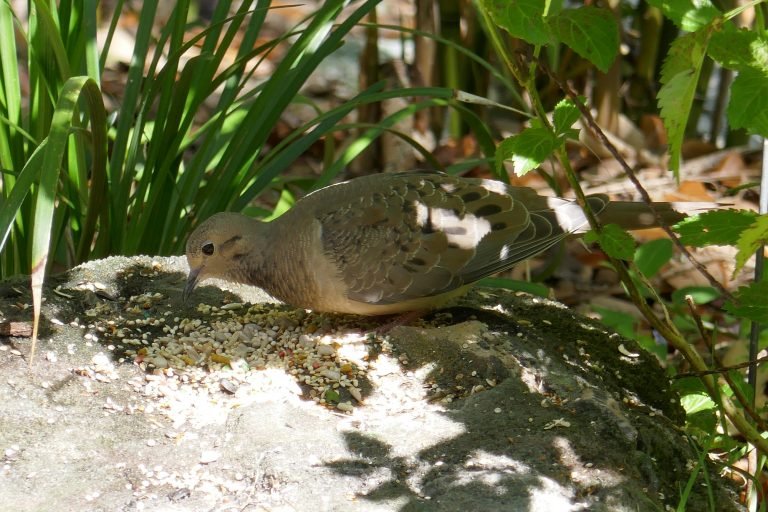
Plant foods: grass seeds, knotweed, partridge pea, prickly poppy, ragweed, sedges, spurge, vetch and wild geranium.
Feeder foods: millet, sorghum and sunflower seeds.
Mourning doves do not intentionally eat animal foods such as insects.
Northern Cardinal
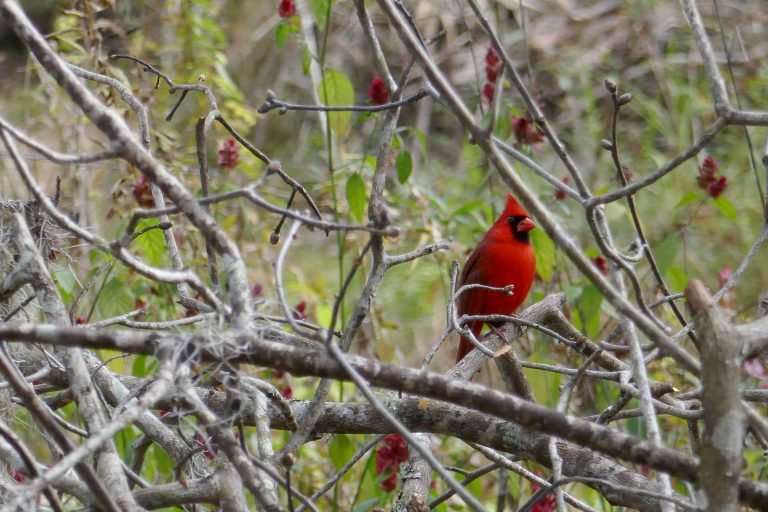
Animal foods: ants, beetles, beetle grubs, caterpillars, pill bugs, millipedes, slugs, spiders, and termites.
Plant foods: beautyberry, blackberry, blueberry, dogwood, holly, mulberry, nightshade, pokeweed, rouge plant, sumac, and viburnum.
Feeder foods: sunflower seeds, cracked corn, safflower seeds, millet, and peanuts.
Ruby-throated Hummingbird

Animal foods: ants, aphids, bees, beetles, flies, gnats, and mosquitoes.
Plant foods: nectar from the following flowers … canna, cardinal flower, clematis, coral bean, dotted horsemint, firebush, hibiscus, honeysuckle, iris, jewelweed, lantana, morning glory, salvia, scarlet morning glory, thistle, trumpet vine, wild petunia and just about any flower they can find.
Tufted Titmouse
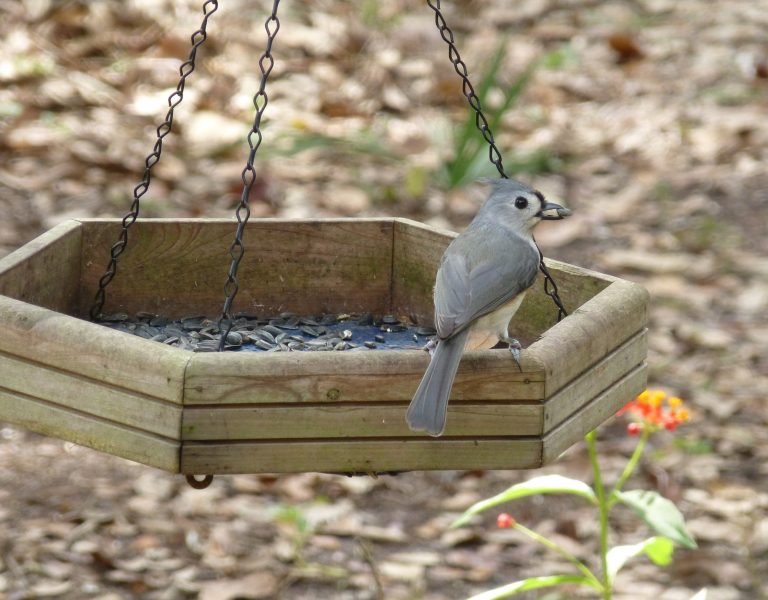
Animal foods: ants, beetles, beetle grubs, caterpillars, pill bugs, millipedes, slugs, spiders, termites, wasps, and wasp larvae.
Plant foods: acorns, beech, blackberry, blueberry, elderberry, crabapple, grape, hackberry, and Virginia creeper.
Feeder foods: sunflower seeds, cracked corn, safflower seeds, millet, and peanuts.
Android Apps & Sites for Bird Identification
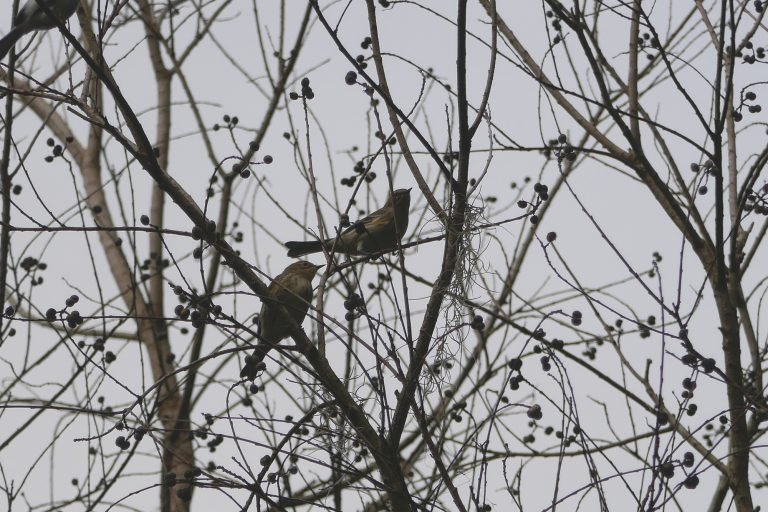
Android Apps for Bird ID:
Merlin Bird ID by Cornell Lab of Ornithology
GoBird – Guide to Nearby Birds
Sites for Bird ID:
The Cornell Lab of Ornithology
Facebook group – Florida Birds
Facebook group – Florida Birds & Wildlife
References:
Marcy, Rule-Scott. Songbird Diet Index. Coconut Creek Publishing. 1993
Martin, Alexander C. et al. American Wildlife and Plants: a Guide to Wildlife Food Habits. Dover Publishing. 1951. (Amazon Associate Link)
My Etsy Store Items
Warning graphic content!
Buddhist sky burial for a rat. We use electronic rat traps for the problem rodents in the workshop because they are damaging expensive equipment. I don’t throw them in the trash, but rather put them out for the hawks and vultures to eat. PLEASE so not do this if you poison the rats because you will kill the birds in the process.
Check out my article about the Ecosystem Services That Birds Provide – https://sharonsflorida.com/wildlife/ecosystem-services-that-birds-provide/. The vultures are the clean-up crews and are an important part of our Florida ecosystems.

